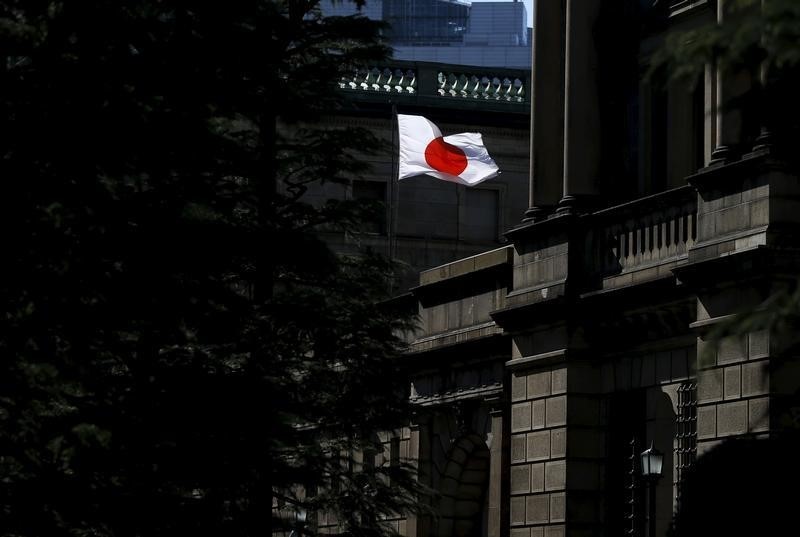Investing.com - The potential for the Bank of Japan (TYO:8301) to reconsider its existing bond yield cap policy may become a reality this year, provided that certain risks impacting economic forecasts, such as global banking sector concerns, begin to dissipate. This insight comes from Toshihiro Nagahama, an economist who recently contributed his expertise during a government panel session.
According to Nagahama, it is crucial for Japan not to withdraw monetary and fiscal support too soon in order to maintain recent positive trends in wages and consumer spending. He believes that until there is assurance that wage growth will continue steadily into next year, the BOJ should refrain from increasing its short-term interest rate target above the current -0.1%.
However, if short-term borrowing costs remain low enough, removing the 0.5% cap on the 10-year bond yield could be possible without causing significant harm to Japan's economy. Nagahama suggests that any changes regarding yield curve control might occur once concerns surrounding global banking sector issues and US debt ceiling negotiations have been eased.
Under its current policy framework aimed at revitalizing economic growth and achieving a sustainable inflation rate of 2%, the BOJ sets short-term rates at -0.1% while committing to guiding the 10-year bond yield around 0%. In December last year, they raised this cap from .025% up to .05%, following increased bond buying efforts made necessary by investors betting on near-future adjustments.
In recent times, with inflation surpassing its targeted goal of 2%, market speculation has grown over whether or not the BOJ will choose either remove or raise their controversially criticized bond yield cap which some believe distorts market pricing dynamics.
Despite these discussions however, BOJ Governor Kazuo Ueda has reaffirmed the central bank's dedication to maintaining its ultra-accommodative monetary policy, effectively dismissing any immediate changes to their current approach.
